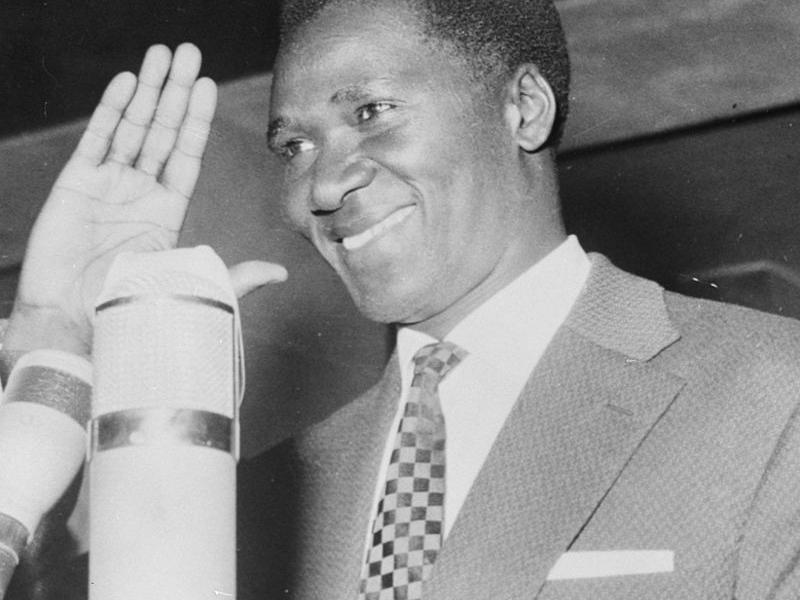Guinea's destiny seems to bear the mark of a curse - one born from turning its back on the legacy of its founding father, Ahmed Sékou Touré. This national tragedy, unfolding over nearly four decades, has its roots in the systematic rejection of the fundamental principles established by the man who dared to say "no" to France in 1958.
The grandson of Almamy Samory Touré, a legendary figure of resistance against French colonization, Sékou Touré embodied the continuity of a lineage of African leaders determined to preserve their people's dignity. His journey from a simple postal worker to union leader and then president of the nation demonstrates an ascension guided by a clear vision: that of a free and prosperous Africa.
The historic courage he displayed in 1958, being the only French African leader to reject the French Community proposed by General de Gaulle, illustrates his determination to prioritize total independence over limited autonomy. His famous declaration "We prefer freedom in poverty to riches in slavery" remains etched in collective memory as a symbol of national pride now lost.
Post-Sékou Touré Guinea presents a striking contrast to its first president's ambitions. The military coup of 1984, occurring just a week after his death, marked the beginning of a systematic dismantling of his legacy. Public enterprises, symbols of national economic sovereignty, were privatized and then disappeared. Air Guinea, once the flagship of national aviation, is now just a memory, perfectly illustrating this decline.
Despite considerable natural resources, particularly in mining and hydropower, Guinea sinks into paradoxical poverty. The abandonment of autonomous development policies has given way to disordered resource exploitation, primarily benefiting foreign interests and a corrupt local elite.
Under Sékou Touré, Guinea was a beacon of Pan-Africanism, alongside Nkrumah's Ghana. The country welcomed anti-colonial struggle figures and supported liberation movements, such as Nelson Mandela's ANC. Today, Guinea's voice on the international stage has fallen silent.
The endemic corruption plaguing Guinea's administration stands in stark contrast to the principles of integrity and public service advocated by Sékou Touré. Embezzlement of public funds and violation of fundamental rights have become commonplace.
In their haste to turn the page on Sékou Touré, successive leaders threw out the baby with the bathwater, abandoning even the positive aspects of his legacy. This brutal break with the past created an ideological and moral vacuum that nothing has filled.
The history of Guinean resistance to foreign domination, from Samory Touré to Sékou Touré, carried valuable lessons about the importance of national unity and economic sovereignty. These lessons have been forgotten in favor of alignment with foreign interests.
The ruling classes that succeeded Sékou Touré preferred personal enrichment to national interest. This betrayal is all the more serious as it directly opposes the principles of public service and collective development defended by the first president.
In a country overflowing with natural resources, the majority of the population lives in extreme poverty. Access to drinking water, electricity, and basic services remains problematic, even in the capital.
Successive coups and the inability to establish stable democracy testify to a political curse rooted in the denial of independent national governance principles.
Guinea, once a model of national pride and resistance to neocolonialism, now struggles to define its national project. Youth, disconnected from their history, desperately seek reference points.
The curse weighing on Guinea is not inevitable. It is the result of political choices and successive resignations that can be corrected. Rehabilitating Sékou Touré's legacy does not mean blindly returning to all his policies, but rather a clear recognition of his positive contributions: national pride, the ambition for autonomous development, and the vision of a united and prosperous Africa.
Overcoming this curse requires reconciliation with national history, a determined fight against corruption, and the reconstruction of a national project inspired by the best aspects of Sékou Touré's legacy. It is at this price that Guinea can break free from the cycle of curse and reconnect with its ambitions for greatness and development.
May God bless Guinea.












